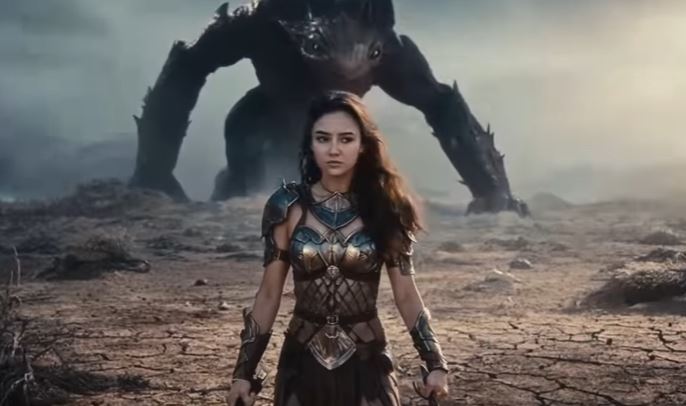The debut of Tilly Norwood, a computer-generated “actor” presented by a UK production company as a photoreal on-screen performer, has triggered a surge of opposition from across Hollywood and a formal rebuke from the actors’ union, prompting the project’s creator to defend the character as an artistic experiment rather than a substitute for human talent. Dutch actor-producer Eline Van der Velden, who unveiled the character at the Zurich Summit industry conference on 27 September, said the reaction had been fierce but insisted the point of the project was to explore new tools, writing on social media that Tilly “is not a replacement for a human being, but a creative work – a piece of art,” and that, like animation or CGI, it should be understood as a way “to imagine and build stories.”
SAG-AFTRA, the union that represents US film and television performers, responded with an unusually blunt statement telling studios and agencies that “creativity is, and should remain, human-centered,” and that Tilly “is not an actor, it’s a character generated by a computer program that was trained on the work of countless professional performers — without permission or compensation.” The union said such “synthetic performers” have “no life experience to draw from” and warned producers that the use of digital stand-ins must conform to contract obligations negotiated after last year’s strikes. The message underscored long-running concerns about consent, compensation and control as AI tools advance into areas once considered the exclusive domain of people. View this post on Instagram A post shared by Tilly Norwood (@tillynorwood)
Van der Velden introduced Tilly at Zurich with a brief parody clip purporting to show a television pitch built entirely with AI, and told attendees that multiple agencies were in discussions to represent the character. In interviews and public remarks around the event, she said the aim was to build a profile comparable to an emerging human star — “the next Scarlett Johansson or Natalie Portman” — and argued that audiences care most about story rather than whether a performer “has a pulse”. The unveiling formed part of a broader launch for Xicoia, an AI talent venture spun out of her London-based production company Particle6.
Backlash arrived within hours. Actors Melissa Barrera, Yvette Nicole Brown and Natasha Lyonne castigated the prospect of an agency deal, with Lyonne urging a boycott of any agency “that engages in this.” Emily Blunt, shown a report about the character during a press interview, reacted by saying: “Good Lord, we’re screwed. That is really, really scary. Come on, agencies, don’t do that. Please stop. Please stop taking away our human connection.” On ABC’s The View, Whoopi Goldberg called the concept an “unfair advantage” over human performers. Those responses — mixing labour-rights objections with arguments about authenticity — reflected unease that accelerated during the 2023 strikes over how AI might be deployed by studios.
